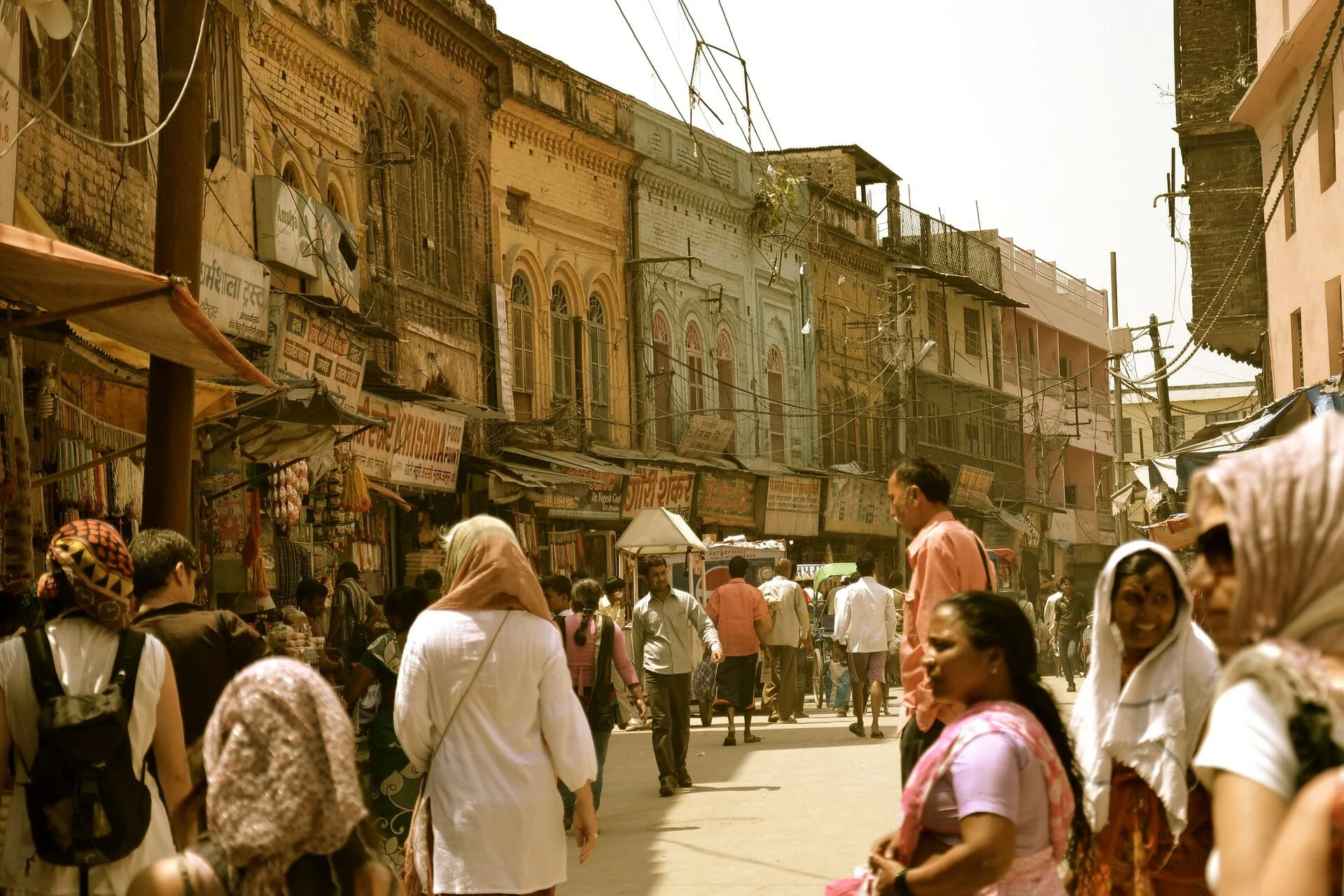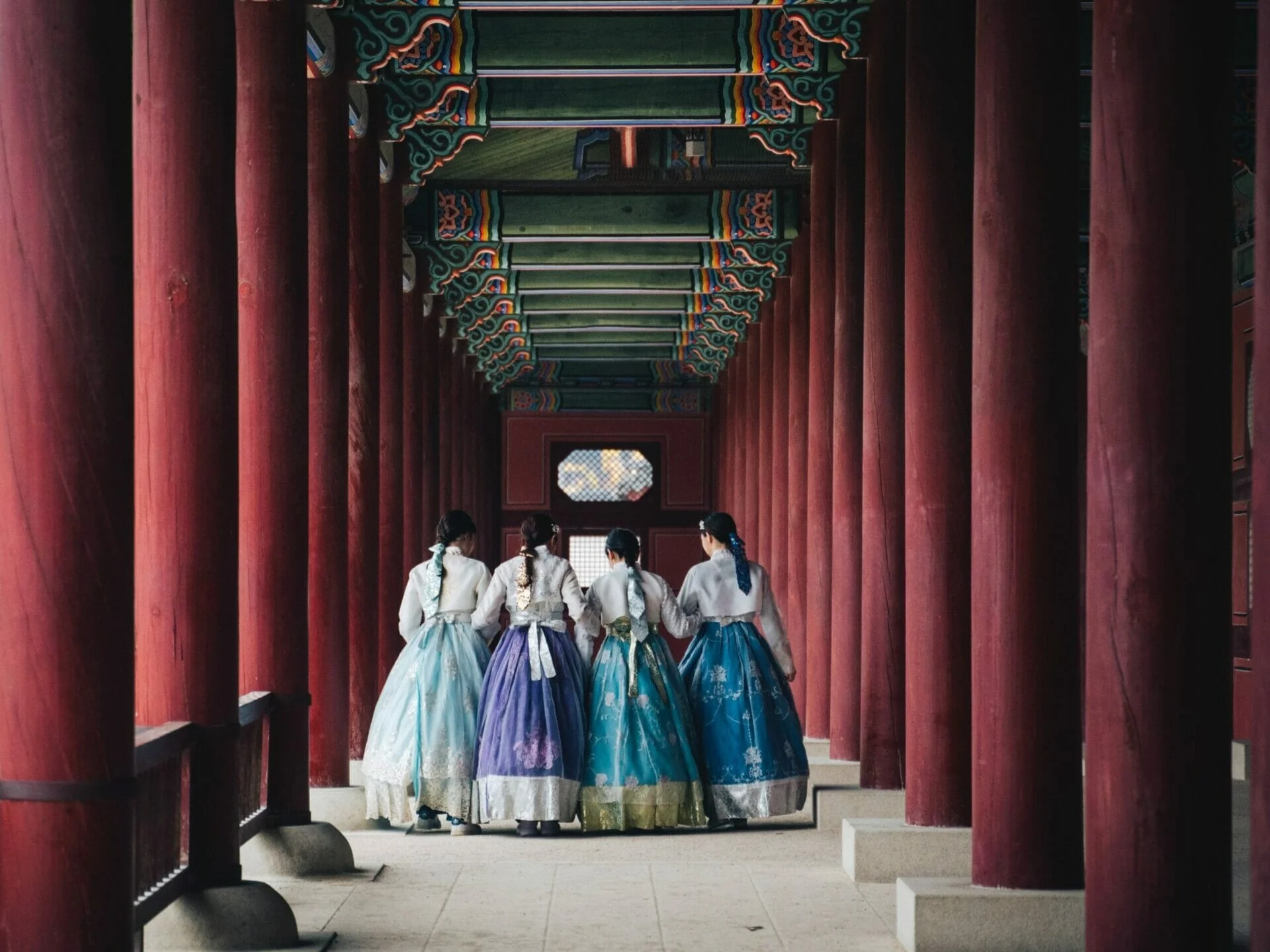
I figli della mezzanotte | Epopea dell'indipendenza indiana
Author
Year
Format
Length
Original language
Subgenre
Published in 1981, Midnight’s Children is a novel set around India’s independence, fantastical yet real, comical yet tragic, clever yet contradictory: Salman Rushdie’s second novel, and the one that brought him fame, is all these things. Colours, smells, textures, and tastes emerge from this epic of India, as it faces independence, and together they make up a whirling universe. These elements, together with Rushdie’s clever writing style, has contributed to the unbroken success of Midnight’s Children: it won the Booker Prize in 1981, the Booker of Bookers Prize in 1994, and the Best of the Booker Prize in 2008. After more than 40 years, it retains its atmosphere of magic: it still “burgeons with life, with exuberance and fantasy”, as Indian novelist Anita Desai wrote in a review for The Washington Post. Furthermore, in 2012, the novel was turned into a movie by film director Deepa Mehta. Rushdie collaborated by writing the screenplay, and by acting as the narrator.
Born in Bombay in 1947, Rushdie is an English and American citizen. He is the author of fifteen novels, including Midnight’s Children, as well as the notorious The Satanic Verses, published in 1988, which saw its author being placed under a ‘fatwa’ by Iranian Supreme Leader Ayatollah Khamenei. Rushdie has lived under protection ever since – in August 2022, during a literary event in New York, he was attacked and seriously injured.
A variety of genres
Categorising Midnight’s Children in a specific genre is not straightforward. First of all, it is both a biography and a family saga. It tells the story in fictional form of the chaotic and dramatically devastating time of partition in India, of the life of Saleem Sinai from the moment he was born, on the stroke of midnight on 15th August 1947, when India gained independence. The narrative continues across the Indian sub-continent until his thirty-first birthday. The story, however, spans multiple generations seen through Saleem’s narration: it starts with his grandfather Aadam Aziz, it then goes through his parents’ marriage and their life in the Methwold’s estate, and finally tells of the adventures of his son, Aadam Sinai. The relationships between these characters and within the Sinai family are fraught with tensions and misunderstandings, similarly to Parenthood, a TV series which exposes the intricate dynamics of a family’s everyday life. However, the Sinai family is nothing but ordinary.
The list of characters is long, perhaps comparable to that of One Hundred Years of Solitude, Gabriel García Márquez’s best-known novel. Yet, Saleem remains at the core of the narrative, and his vicissitudes have something magic and historical at the same time. In this sense, Midnight’s Children is a historical chronicle but also a novel of magical realism. Saleem’s story intersects with that of his country, as does that of the Baeks family in Min Jin Lee’s Pachinko: both have to learn to survive and navigate their way through the intricacies of history. Nevertheless, the magical elements in Rushdie’s novel abound, and the border between reality and fantasy dissolves. In this way magical realism, similar to that in Isabel Allende’s The House of Ghosts, enters Indian history too.
This panorama is further complicated by the writing style, which is humorous, highly fragmented, and full of intertextual references, such as to Mark Twain‘s The Prince and the Pauper. Saleem, who is the first-person narrator, often admits to his own unreliability, and shifts from one memory to another without any prior explanation.
The birth of a nation
The date of 15 August 1947 not only marks Saleem’s birth, but also India’s independence. That is no coincidence, for in the novel all children born within the first hour of independence have magical powers. Through telepathy, Saleem is able to reach out to 581 of them, and so creates the MCC, the Midnight Children Conference. Its aim is to discuss politics and history, as well as to try to guide their country towards justice and equality.
However, when it comes to carrying out these tasks, the conference proves incapable of living up to expectations. Prejudice and religious tensions divide its members. It becomes clear that the real task of the midnight children is not just fixing the nation, but mirroring its history. Religion is particularly divisive, and the bloody scar created in 1947, with the separation of Pakistan from independent India, is to have continuing consequences. The war between the two countries over the dominion of Kashmir in 1965 results in the death of all of Saleem’s family.
Pakistan-born actor and rapper Riz Ahmed, known as Riz MC, tells of the anger and grief that accompanied these historical events. In The Breakup, part of his 2020 concept album, he evokes Partition and British-Indian relations through the metaphor of the breakup: “When you’re at war with yourself, you’re easy to divide and rule” he sings, and “I was a guest unwanted in my own house”:
Smelling one’s way
After a sterilisation campaign introduced by the authorities against the midnight children, Saleem loses his telepathic powers:
No longer connected to history, drained above and below, I made my way back to the capital, conscious that an age, which had begun on that long ago midnight, had come to a sort of end
Yet, the episode does not mark the end of Saleem’s story. His already acute sense of smell, due to his bulbous nose, develops and he becomes able to smell emotions and lies. This ability brings him to the chutney factory where Mary, his childhood nanny, works. And this is where the novel begins and closes.
Saleem’s olfactory power grants him a position among other popular literary noses: Cyrano de Bergerac, for instance, has a large nose that affects both his self-perception and that of others. Russian writer Nikolai Gogol also contributed to this strand of literature through his short story The Nose, centred on the life of a nose that decides to emancipate itself from its owner.
Tag
Buy a ☕ for Hypercritic





